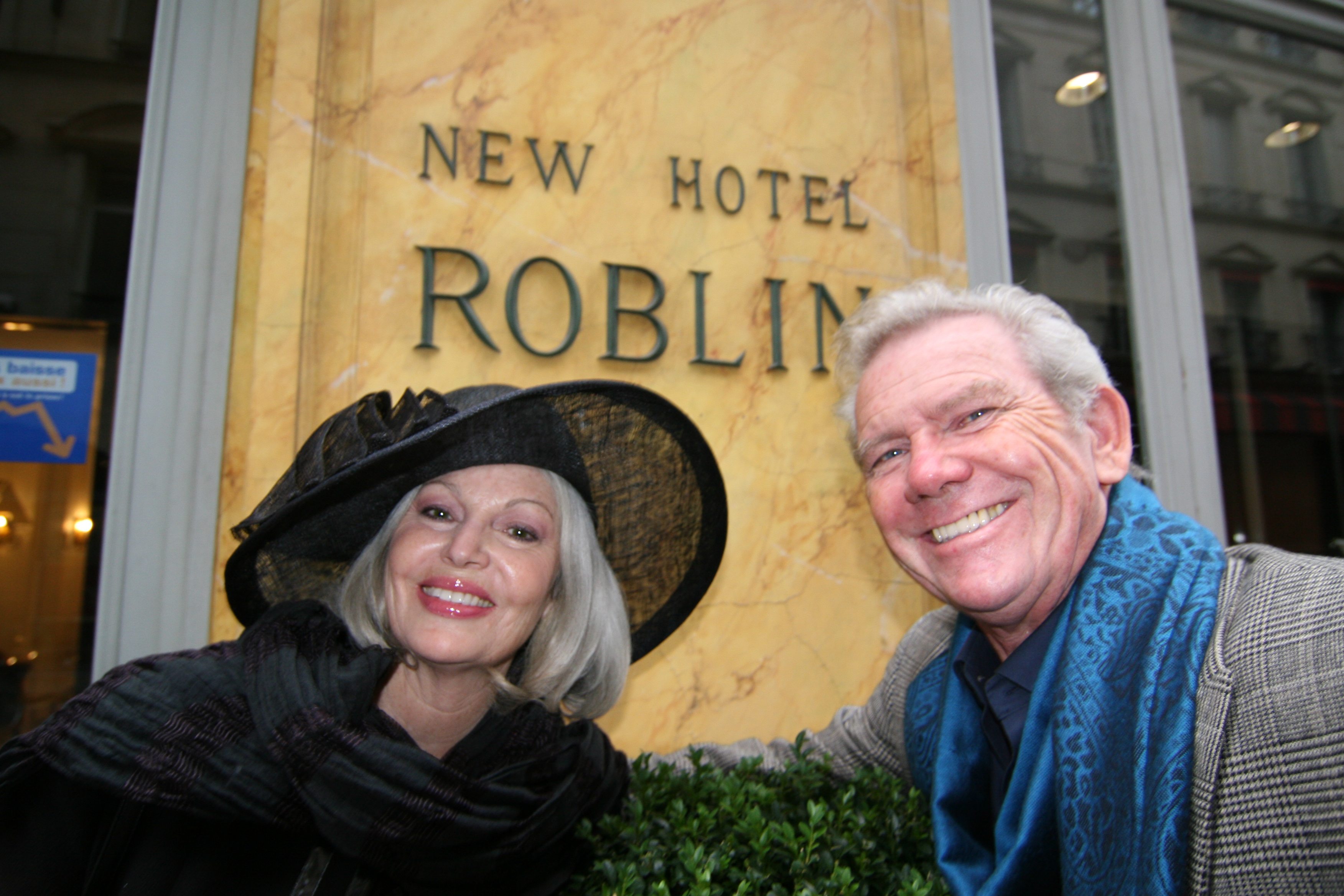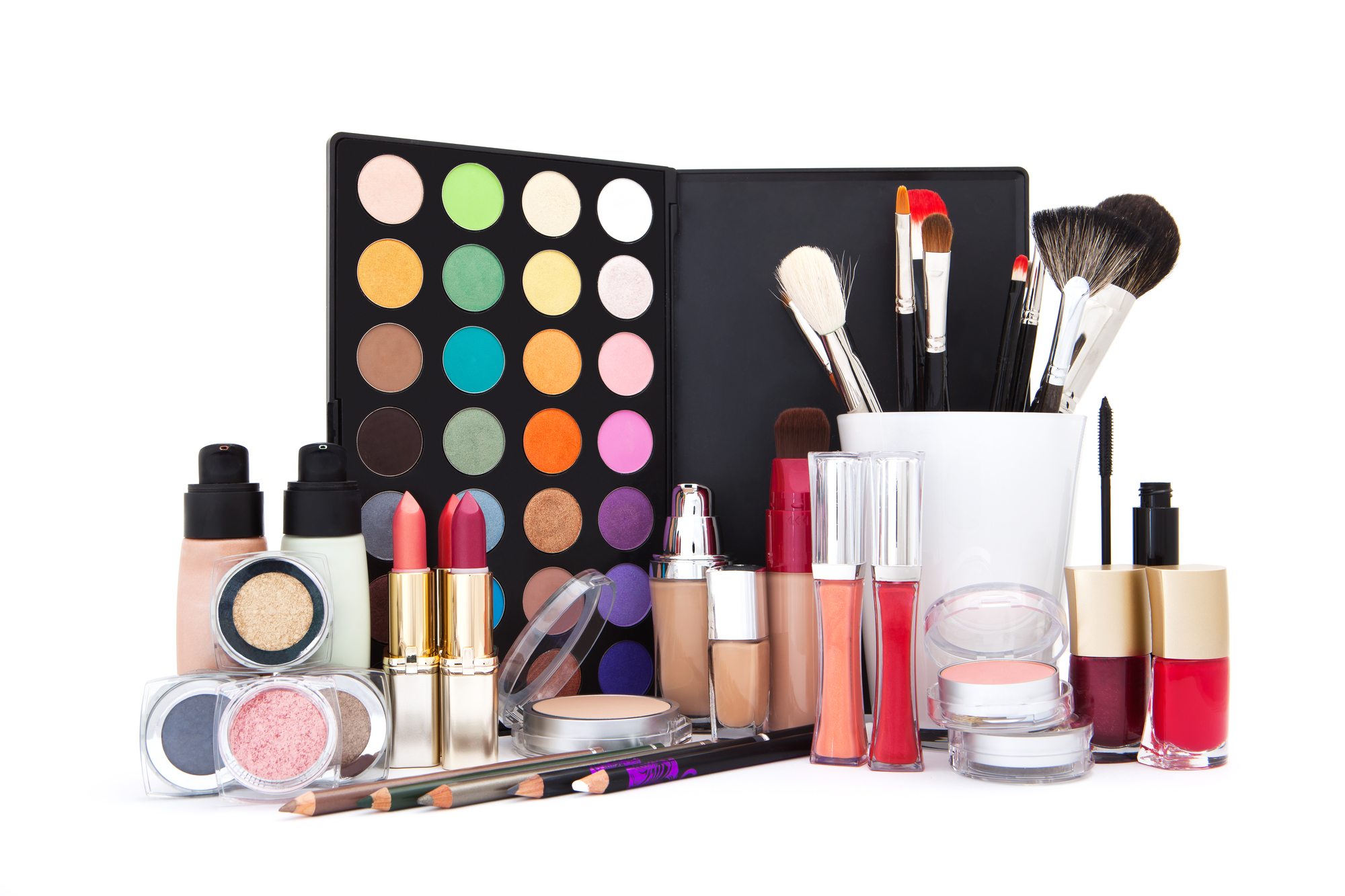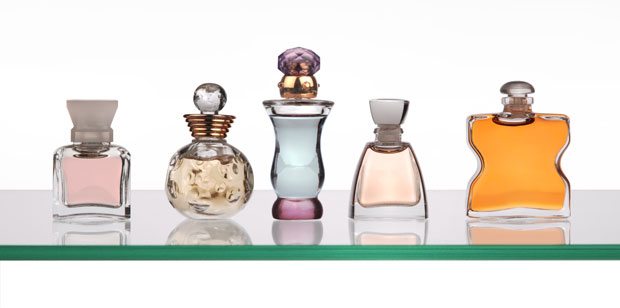By Megan Boyle, Editorial Director, Healthy Child Healthy World
Reproduced with the permission of the Environmental Working Group
www.healthychild.org
When it comes to food, we know what “organic” means.
The USDA-certified organic label ensures that foods have been grown without synthetic fertilizers and pesticides, contain no genetically modified organisms (GMOs) and are free of artificial preservatives, colors or flavors. Among the many benefits of organic foods, they have been found to be more nutritious than conventionally grown versions.
But what about cosmetics? Are “organic” cosmetics better? What’s an organic cosmetic product anyway?
The U.S. Food and Drug Administration regulates cosmetics through two laws: the Food, Drug, and Cosmetics Act and the Fair Packaging and Labeling Act. But neither law defines or regulates what “organic” cosmetics are.
An “organic” label on a cosmetic product means one of three things: it could be certified organic by the USDA, it could be called organic by an international body or private group – or it could mean nothing at all. Since there are so many products on the market that claim to be organic, and they often cost more, it’s important to know the score before you buy.
If a cosmetic product contains agricultural ingredients and meets the requirements of the National Organic Program, it is eligible to claim one of the USDA’s four organic labeling categories.
The first two categories, “100 percent organic” and “organic,” may show the USDA-certified organic seal and must show the certifier’s name and address. These are reliable guarantees for a product that meets the USDA’s standards. The second two categories, “made with organic ingredients” or less than 70 percent organic ingredients, may not include the USDA seal or the certifier’s information on the label.
And USDA has no authority over how cosmetics are labeled if they aren’t made of agricultural ingredients and don’t claim to meet USDA requirements. The National Organic Program doesn’t regulate any foreign or private labeling standards either.
Nor does the Food and Drug Administration. FDA requires that labels be truthful and not misleading, but most cosmetics marketing claims go unchecked or are subject to voluntary industry standards.
That means you may see “organic” on cosmetics labels with little or no meaning behind them. What can you do?
Ask yourself why you’re looking for organic products in the first place. Do you associate “organic” with other terms like “healthy” or “safe?” It’s not necessarily so. An organically grown plant ingredient could cause skin allergies, for example.
To find healthy and safe products for your family, always read labels and pay attention to harmful ingredients, especially for children. EWG offers tips on how to read a label and you can research more than 70,000 products in EWG’s Skin Deep Cosmetics Database.
Do you associate “organic” with “sustainable” or “natural?” There are a dizzying number of natural certifications out there for body care products. They address different aspects of sustainability. Some are quite promising, but not very commonly found in the marketplace. Learn more about these certifications.
For more information about how to find the right products for your family, visit Healthy Child Healthy World’s Top 10 Tips – Choosing Safer Cosmetics.















